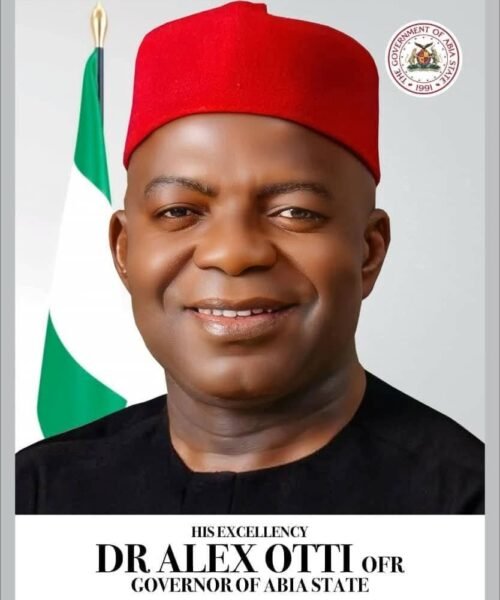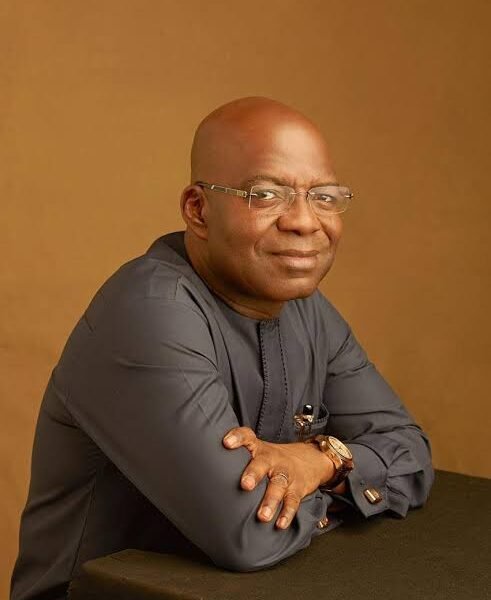2027: Governor Otti Will Not Sell His Soul — Nor Abia’s Treasury
Leadership is never measured by how loudly one shouts in the market square of politics but by the quiet constancy of integrity when compromise beckons. As 2027 approaches, Governor Alex Otti stands as the rare leader who has refused to mortgage his conscience for political convenience. In a country where governance is often traded for patronage, Otti’s moral compass has remained true, anchored in faith, prudence, and an unyielding belief that Abia’s destiny cannot be purchased.
History reminds us that every reformer is tested by resistance. From the prophets of old to modern reformers who dared to challenge entrenched systems, integrity has always been the battle line between light and decay. Otti’s administration, grounded in transparency and the open governance ethos, is not just managing budgets—it is rewriting the very ethics of public service in Abia. The figures speak with clarity: unprecedented IGR growth, prompt salary and pension payments, and a fiscal discipline that has turned the state into a model of efficiency in a nation wrestling with financial opacity. These are not mere statistics; they are milestones in moral governance.
Those who trade in corruption find his fortitude unsettling. They seek to stain conviction with propaganda, to confuse the public conscience with noise. But like Cincinnatus returning to the plough, Otti governs not to enrich himself but to serve with purpose. His stewardship is not a political transaction; it is a covenant of trust with the Abia people. When lesser men chase headlines, he pursues the hard, often lonely work of reform—digitizing the treasury, professionalizing public service, and exposing the rot of a system long addicted to mediocrity.
Philosophically, Otti’s governance is an argument for moral realism: that good government must stand on ethical conviction, not expediency. The state, he insists, is not a trough for gluttonous elites but a sacred trust for collective good. This is why Abians see in him not a politician but a steward—one who treats public wealth as inviolable, one who fears God more than men. His leadership reflects the Aristotelian ideal of eudaimonia—the flourishing of the community through virtue and discipline.
As 2027 looms, detractors will attempt to auction the public mind with deceit. But Otti’s strength lies not in propaganda; it lies in the quiet certainty that truth, like light, does not need to shout—it simply shines. His re-election will not be bought by transactional politics; it will be earned through the people’s remembrance of restored dignity, visible infrastructure, and fiscal sanity.

In the end, history rewards the steadfast. When the dust of political noise settles, Abia will remember the man who did not sell his soul for power nor pawn the treasury for applause—a governor who believed that righteousness exalts a state, and who governed with that conviction as his creed.







